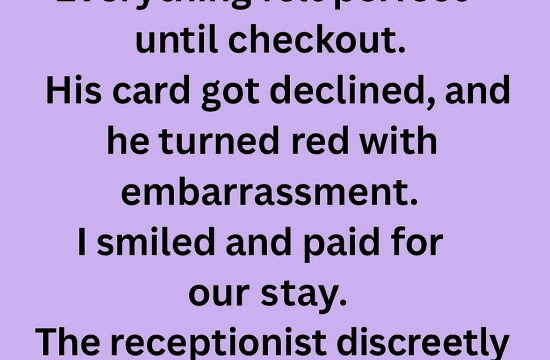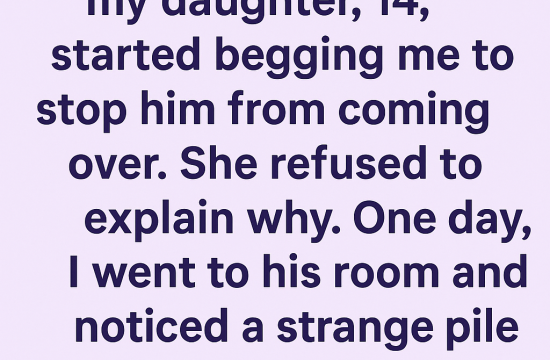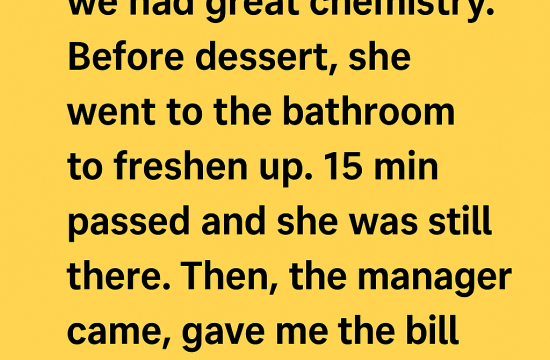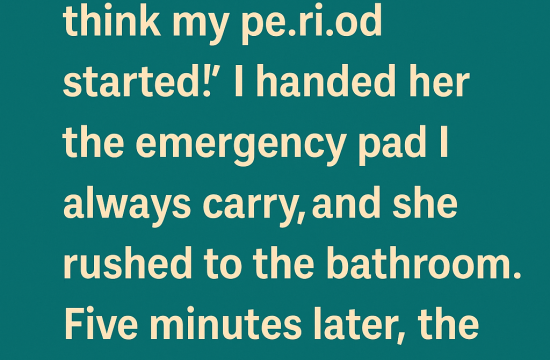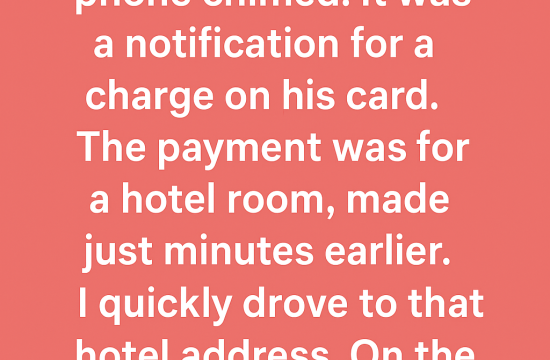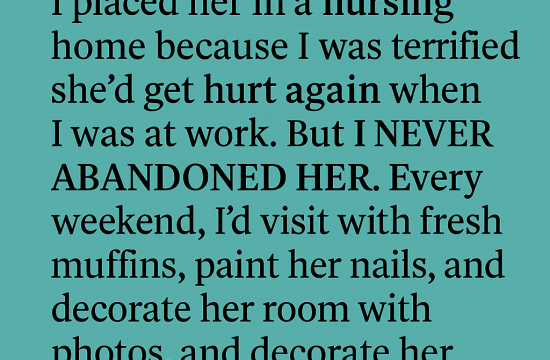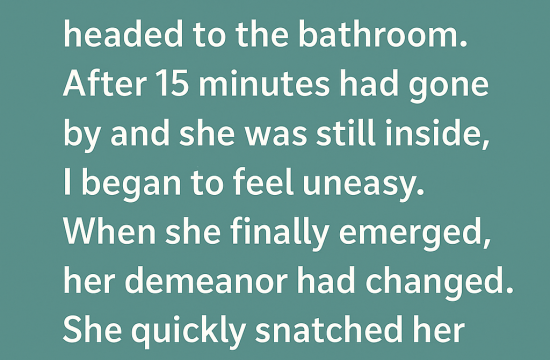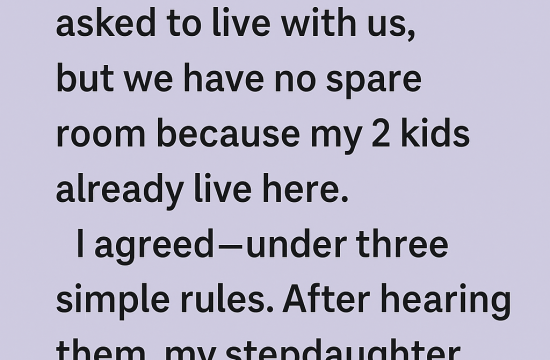A woman walks into a pharmacy one slow, late-afternoon, moving with a calm that didn’t belong to her small, tremoring hands. Her coat hung loose; her eyes were fixed and bright with an intent that made the fluorescent light feel colder. She crossed to the counter and, without preamble, spoke in a low, serious voice.
“I need a poison. Something strong, fast-acting… and untraceable. It has to look like my husband died of natural causes.”
The pharmacist blinked, the color draining from his face. The hum of the store seemed to stutter. For a heartbeat he was only a man behind glass, a dispensary of medicine and trust. Then he leaned forward, whispering back, professional and terrified both at once, “Ma’am, I’m afraid I can’t help you with that. In fact, I have a legal obligation to report this conversation to the authorities.”
The woman didn’t flinch. She reached into her purse, fingers steady as a surgical nurse’s, and slid a small folded photograph across the counter.
He picked it up with a glove of a hand he didn’t know he still had. He unfolded the picture and the world narrowed to the rectangle of paper: her husband, asleep in his own bed, arm thrown across the sheet; a woman’s hair fanned over the pillow beside him. The face was unmistakable. The pharmacist’s breath hitched; the color rushed back to his cheeks not with anger but with something colder—betrayal.
There was a long pause. The pharmacy’s clock ticked. A carton of cough syrup slowly tipped on its shelf as if time itself wanted to move.
Then, very carefully, the pharmacist cleared his throat and said, “Ah. I see. You have a prescription.”
Those four words were a match struck on old wounds. For a moment the man behind the counter was not a dispenser of pills but a husband who had learned, in one photograph, that his marriage had been a lie. The woman watched him, not with triumph but with exhaustion—the kind that comes after carrying a cross for years and finally setting it down.
“You can’t do what you asked,” he said, softer now. “I won’t. Not like that.”
She studied him. “Then what will you do?” Her voice wasn’t pleading; it was the voice of a person who had already decided a thousand small things that led here.
He slid the photograph back to her and, with hands that trembled just a little, locked the register. The fluorescent hum seemed to draw in close around them. He said, “I can’t give you what you want. I won’t be part of killing a man. But I can help you make sure you never have to live with him again.”
Her brow lifted, suspicion and hope colliding. He didn’t explain how—he couldn’t. What he offered instead was the only currency he had left that wasn’t poison: witness, record, and the slow, legal machinery that could turn exposure into protection. He leaned in and spoke plainly.
“You don’t have to do this alone. That photograph is evidence. If he’s been violent, if he’s cheated, there are people who will take that seriously. I can give you names—an attorney who’ll hold a client meeting, a woman at the shelter who knows how to make an emergency plan, a private investigator who can get you the rest of what you need without you putting yourself in the same room with him.”
She laughed once—short, incredulous. “You help me…and what? I get a restraining order? A courtroom? That’s not the same.”
“No,” he said. “It isn’t. But it’s cleaner. It’s safer. And it lasts.” He hesitated, then added, quietly, “And if he ever hurts you, the law will be ready with what you’ve already started to collect.”
Outside the glass front, evening had begun to fold over the street. A child’s laughter carried past and the ordinary world refused to rearrange itself for the drama inside the little shop. The woman folded the photograph with the same mechanical care she’d used to open it. She tucked it back into her purse.
“Why are you doing this?” she asked. “If that’s your wife…”
He looked at the photograph, at the face that had betrayed him, at the counter that had suddenly become an altar of small moral choices. “Because I won’t be an accessory,” he said. “And because some debts are better repaid with truth than with blood.”
They stood in the quiet after that, two people undone and steadied by different truths. The woman pushed her purse strap over her shoulder and, for the first time in months, let herself breathe. Before she left he wrote three names on the back of a till receipt—two lawyers and one number for a women’s support hotline. He also slipped an anonymous note into the envelope: details he’d noticed over months—late phone calls, a pattern of cash withdrawals, a credit card charge at a motel—nothing that told her how to hurt him, but enough to help build a case if she wished to.
She took the paper and, at the door, turned. “If I want him gone,” she said, “I’ll make sure it’s because he was gone to himself. Not because of me.”
The pharmacist nodded. “That’s the better kind of ending,” he answered.
On the sidewalk she paused and for a moment seemed smaller than that fierce, deliberate woman who had entered the pharmacy. Then she squared her shoulders and walked away into the coming dusk, not carrying poison, but carrying proof—and with it, for the first time in a long while, the possibility of a life that did not include him.
Behind the counter, the pharmacist sat down. He folded his hands and, for a second, felt something like relief wash through him—not because a wrong had been avenged, but because someone had chosen a path that, at least, might one day let them both wake up without lies between them.




